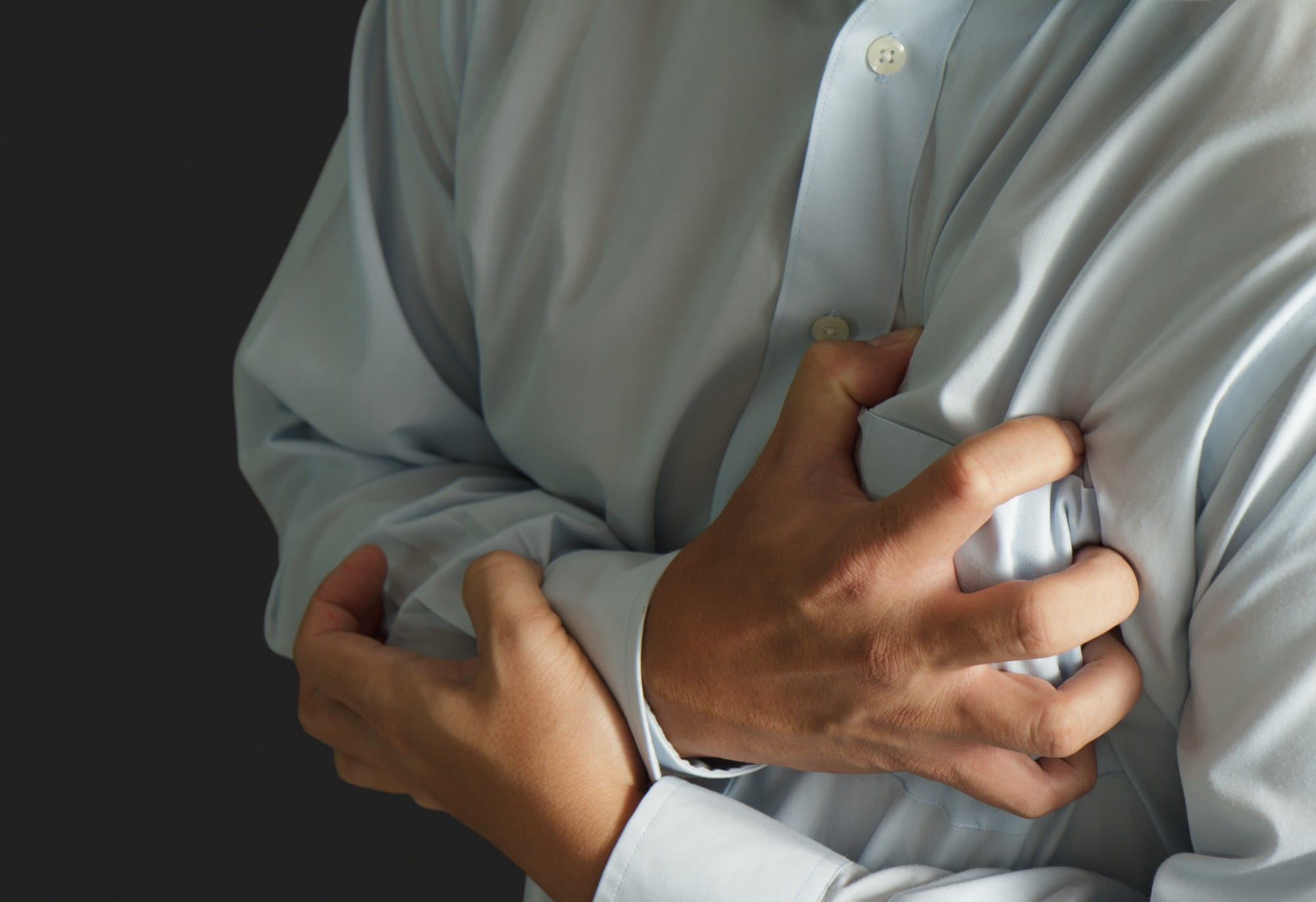
You may know that varicose veins stem from blood pooling inside your veins, which happens when valves to the veins fail to stop blood from flowing backward. The condition can cause painful and achy blue bulges in the legs.
Most people with varicose veins consider them a cosmetic concern. Can this condition threaten your heart health because of how blood moves away from the heart? Learn when to worry about varicose veins and whether your heart condition can impact your leg veins and arteries.
Coronary artery disease occurs through damage to the blood vessels that send blood to and from the heart. Plaque buildup can damage the arteries, compromising blood flow and causing symptoms of arterial distress, such as shortness of breath and chest pain. Heart conditions also cause poor circulation.
Can venous insufficiency affect the heart and cause heart problems? No, it doesn’t work that way. While heart problems can contribute to or worsen the appearance of varicose veins, they cannot cause hypertension. When your heart doesn’t function correctly, it produces pressure in the veins, and excess fluid can pool into the tissue. Your legs may swell, and you may get varicose veins or experience more significant pain in existing ones.
Treating your cardiac condition can address the venous disorder. Some patients see results from compression, too, and you can seek leg therapy to reduce swelling and pain from varicose veins.
Venous insufficiency is uncomfortable and changes how your veins look, but it isn’t a threat to your heart health. Hypertension can make your existing varicose veins more pronounced. Varicose veins often produce achy, heavy sensations in the legs, and you may see bulging from the fluid buildup. Other symptoms of varicose veins may include:
Varicose veins are a chronic condition that can worsen with time, but venous insufficiency won’t impact the valves in your heart. If you have heart problems, they can increase the blood pooling that leads to varicose veins. Dilated blood vessels associated with hypertension can also decrease blood flow to the heart, further compounding venous issues.
You can live without the discomfort of varicose veins. Instead, you can seek treatment and support for the condition, which may reduce your pain levels. Treatment can also decrease the visibility of varicose veins, which is a concern for many patients.
You should address heart conditions immediately, and you may need to see a cardiologist. Treating heart conditions can also provide relief for varicose veins, but that goal is secondary to the focused treatment of hypertension. To get treatment specifically for varicose veins, you should see a specialist.
Central Florida Vein & Vascular Center can provide the assistance you need. We work with patients across central Florida, and we can help you. Contact us today to set up an appointment.